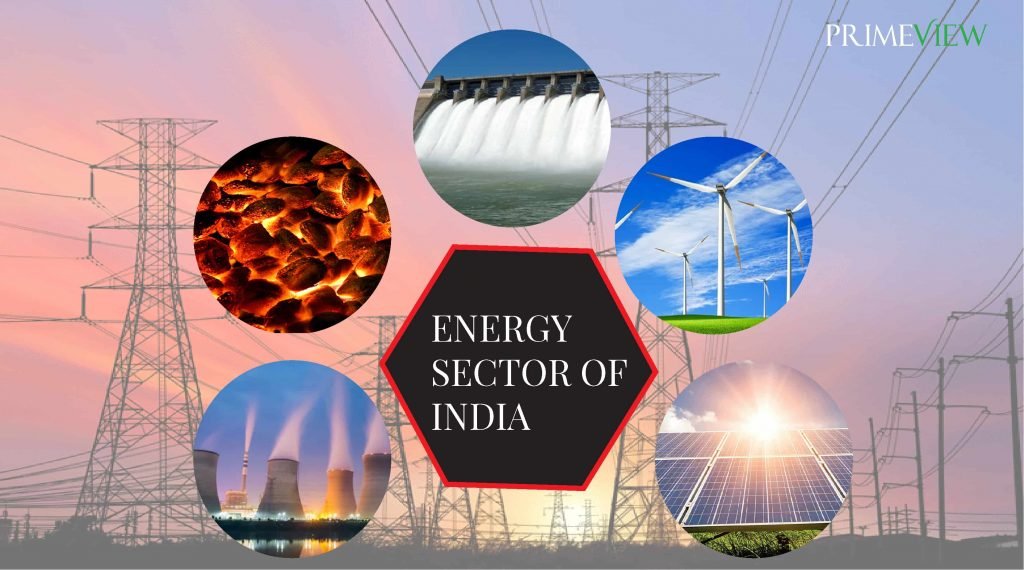

How Technology is Revolutionizing the Energy Sector
The energy sector has undergone significant transformations over the years, driven by advancements in technology. The way energy is generated, distributed, and consumed has been revolutionized, leading to increased efficiency, reduced costs, and a decrease in environmental impact. In this article, we will explore the various ways technology is changing the energy sector, from renewable energy sources to smart grids and energy storage.
Renewable Energy Sources
One of the most significant impacts of technology on the energy sector has been the rise of renewable energy sources. Solar and wind power, in particular, have become increasingly viable alternatives to fossil fuels. The cost of solar panels and wind turbines has decreased dramatically over the years, making them more competitive with traditional energy sources.
Advances in technology have also improved the efficiency of renewable energy systems. For example, the development of bifacial solar panels, which can generate electricity from both sides of the panel, has increased energy output by up to 25%. Similarly, larger wind turbines with advanced blade designs have increased energy production by up to 50%.
Smart Grids
Smart grids are another area where technology is transforming the energy sector. A smart grid is an advanced electrical grid that uses sensors, smart meters, and other technologies to manage energy distribution in real-time. This allows for greater efficiency, reduced energy losses, and improved reliability.
Smart grids also enable two-way communication between utilities and consumers, allowing for real-time monitoring and control of energy usage. This has led to the development of demand response programs, which incentivize consumers to reduce energy consumption during peak periods.
Energy Storage
Energy storage has long been a major challenge for the energy sector, particularly for renewable energy sources. However, advances in battery technology have made it possible to store energy for extended periods, reducing the intermittency of renewable energy sources.
Advances in battery technology have also led to the development of grid-scale energy storage systems, which can store excess energy generated by renewable sources during off-peak periods and release it during peak periods. This has improved the reliability and efficiency of the grid, reducing the need for fossil fuels and decreasing greenhouse gas emissions.
Electric Vehicles
Electric vehicles (EVs) are another area where technology is transforming the energy sector. EVs have become increasingly popular in recent years, driven by improvements in battery technology, decreased costs, and government incentives.
EVs have the potential to significantly reduce greenhouse gas emissions from transportation, which currently accounts for around 25% of total emissions. Additionally, EVs can act as energy storage devices, feeding energy back into the grid when not in use.
Artificial Intelligence and Analytics
Artificial intelligence (AI) and analytics are also playing a significant role in the energy sector. AI and machine learning algorithms can be used to optimize energy production and distribution, predict energy demand, and detect faults in the grid.
Analytics can be used to analyze vast amounts of data from sensors and smart meters, providing insights into energy consumption patterns and identifying areas for improvement. This has led to the development of personalized energy management systems, which provide consumers with tailored recommendations for reducing energy consumption.
Cybersecurity
As the energy sector becomes increasingly dependent on technology, cybersecurity has become a major concern. The grid is vulnerable to cyber-attacks, which could have devastating consequences for the entire energy system.
To address this issue, energy companies are investing heavily in cybersecurity measures, including advanced threat detection systems, penetration testing, and employee training programs.
Blockchain and Energy Trading
Blockchain technology has the potential to revolutionize energy trading, enabling peer-to-peer transactions and creating new opportunities for renewable energy producers.
Blockchain-based platforms can facilitate the trading of renewable energy credits, allowing consumers to purchase energy directly from renewable energy producers. This has the potential to increase the adoption of renewable energy sources and reduce greenhouse gas emissions.
Conclusion
Technology is transforming the energy sector in numerous ways, from renewable energy sources to smart grids and energy storage. Advances in battery technology, artificial intelligence, and analytics are improving the efficiency and reliability of the grid, while reducing greenhouse gas emissions.
As technology continues to evolve, we can expect even more innovative solutions to emerge, further transforming the energy sector. The future of energy is exciting, and one thing is certain – technology will play a critical role in shaping it.
About the Author
[Your Name] is a energy industry expert with over 10 years of experience in the field. He has written extensively on the topic of energy and technology, and has been featured in numerous publications and conferences.




